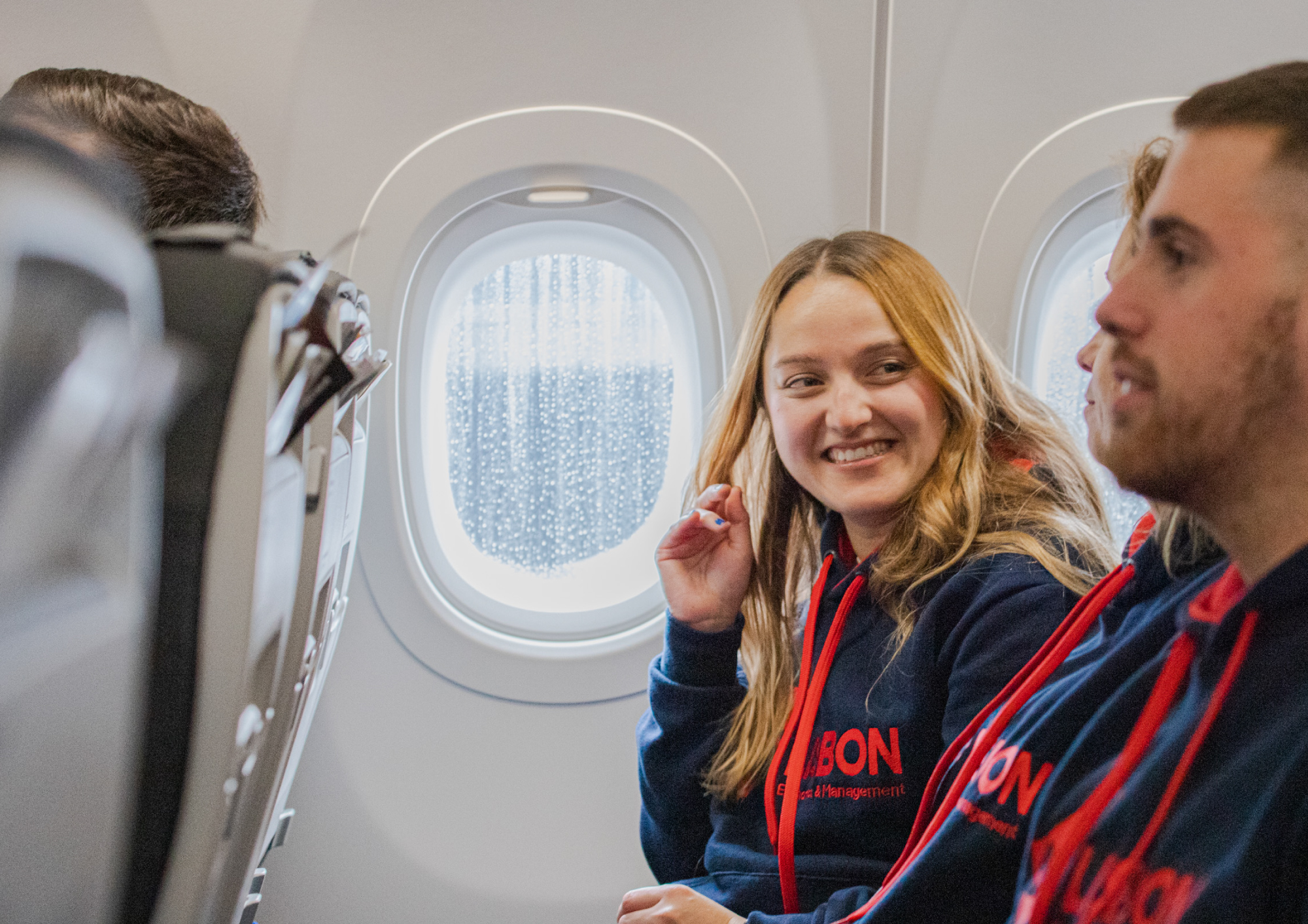1st PHASE
1st CYCLE (Bachelors) and 2nd CYCLE (Masters)
From 20th January 2025 (10:00) 30 January 2025 (23:59) (CLOSED)
FENIX" portal → Applicant tab → Outgoing Mobility → Create
2nd PHASE (Vacancies)
1st CYCLE (Bachelors) and 2nd CYCLE (Masters)
From 13 February 2025 (10:00) 23 February 2025 (23:59) (CLOSED)
FENIX" portal → Applicant tab → Outgoing Mobility → Create
Notes:
Applications will not be accepted after the deadlines set annually.
They can choose up to 10 Partner Universities in order of preference and choose the desired semester for mobility by option.
Application
Candidacy Requirements
Students must be enrolled at ISEG in a higher education study program leading to a degree/diploma, in the academic year for which they apply and in the academic year in which they carry out the mobility.
In the 1st cycle, the student's application to a mobility program requires that he has previously approved at least 54 ECTS credits and is enrolled in the 2nd or 3rd curricular year of the Bachelor's course. These conditions must be met by the completion of the assessment of knowledge at the time of the appeal in the 1st semester of the academic year in which the application is made.
In the 2nd cycle, the attendance of a mobility program takes place in the first or second semester of the 2nd curricular year of the Master's course. The application takes place in the academic year prior to the mobility programme, upon completion of the knowledge assessment of the second semester of the 1st academic year.
Procedures
Before proceeding with the application, the student must consult the list of countries/universities with which ISEG has a Bilateral Agreement.
To proceed with the choice of universities, the student should seek to collect as much information as possible about the universities in which he is interested, namely in terms of the compatibility of areas of study. To facilitate this search, listings are available online on the bureau's website with links to all Partner Universities of ISEG and respective fact sheet.
It is the student's responsibility to obtain all necessary information about the host institutions, including the study plans and curricular units offered, specific requirements demanded by each institution (for example, language requirements such as minimum scores in language certificates (Cambridge, TOEFL or IELTS ), ECTS minimum enrollment, language of instruction, minimum access average, etc.), accommodation, food and other information relevant to admission to the host institutions.
When applying, students can choose up to ten universities in order of preference. They must formalize the application by duly filling in the available fields, which must be done with great care and attention, as the application can only be edited within the deadline set for it.
Students' attention is drawn to the fact that a withdrawal from the assigned vacancy, especially if communicated after the final selection of candidates, means that another ISEG student was unable to take advantage of the Programme. Therefore, interested parties must be sure of their intention to be “Erasmus/Exchange students” and of the real possibilities, in due course, to carry out a period of study abroad.
It is not the responsibility of the International Mobility Office to carry out the student's application. However, it will provide candidates with the necessary information at their disposal to properly fill in the fields in order to complete their application.
Selection Criteria
1st Cycle
The ranking of candidates is calculated from the arithmetic average weighted by the credit units (rounded to the nearest hundredths) of the best classifications of the successful compulsory course units, making a total of 60 ECTS, until the conclusion of the assessment of knowledge from the time of appeal of the 1st semester of the academic year in which the application is made. If the number of successful compulsory curricular units is less than 60 ECTS, a classification of 8 values is assigned to calculate the average ranking, to the missing ECTS. In the event of a tie in calculating the average, the criterion of compulsory course units with higher grades will be used.
The ranking average cannot be less than 10 points.
2nd Cycle
Candidates are selected according to a Ranking prepared for this purpose. The Ranking is calculated from the arithmetic average weighted by the credit units (rounded to the nearest hundredths) of the final classifications with the use of the curricular units of the 1st semester of the 1st curricular year of the Master's curricular plan. If there are curricular units (disciplines) of the 1st semester of the 1st curricular year without passing, a classification of 8 values will be attributed to calculate the ranking average. In case of a tie in the application of the average criterion, the criterion of the curricular units with higher classifications will be used.
The ranking average cannot be less than 10 points.
In cases where the vacancies in the competition are common to the 1st and 2nd cycle of studies, priority is given to 1st cycle students in their allocation.
Allocation of Vacancies
1. Ranking of students according to the Ranking mentioned in the selection criteria: assignment of order number and application average to each candidate;
2. The student's placement is allocated to the 1st available place according to their order of preference.
Results of Applications
The results will be released within a maximum period of 5 working days after the end of the application period. It is recommended that all students update their personal data on the Fenix portal (address, telephone contacts and email).
After the announcement of the results, there will be a period of 72 hours (deadline set by the IMO) in which the placed student who intends to withdraw from his/her place can confirm his/her withdrawal online, canceling the process through the Fenix portal without any penalty.
After this period, if the student does not carry out the mobility, he will be obliged to communicate this withdrawal in writing by email to the IMO and to pay a fee for non-compliance with deadlines in the amount of €40, in favor of of ISEG, in order to cover the expenses inherent to the selection and appointment process. This value may be revised annually.











